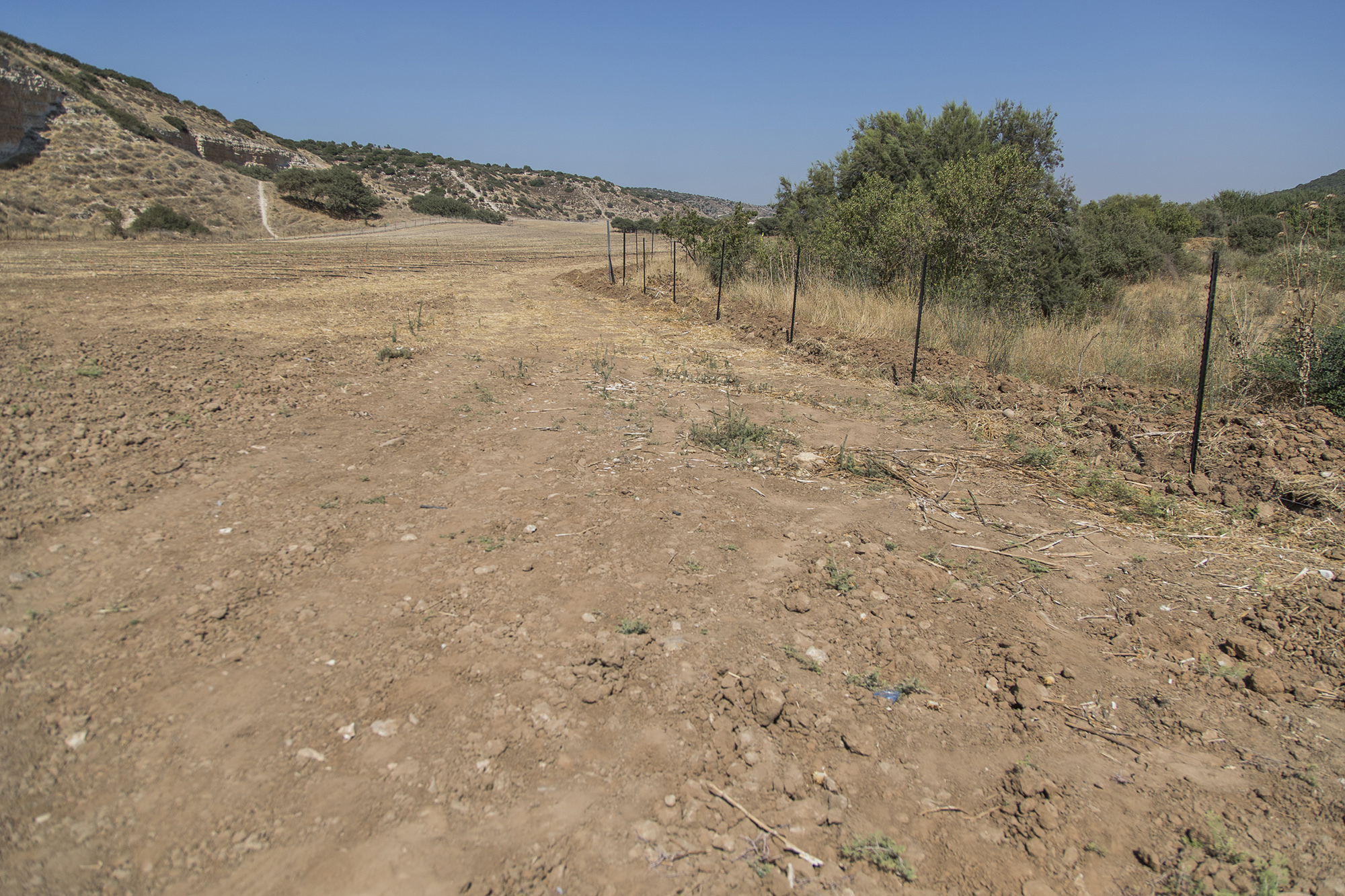All of those nuts and bolts we discussed previously were a combination of our Policy and Procedures here at ICM and the principles we find in the biblical concepts about the Sabbath Year, which is also called shmitah.
So as I approached our organizational requirements for sabbaticals, I wanted to color those objectives with the principles of the Sabbath Year. Below are some of the notes filling my notebook from the previous year. The passages I used to reflect over that year are Exodus 23:10–13, Leviticus 25, and Deuteronomy 15 and 31. These principles are not meant to be technical nor comprehensive. They are poetic, broad strokes that breathe life into the structure that is time-tested for us at ICM.
Let the land lie fallow. The biblical concept here is not a metaphor or allegorical; it is very physical. The idea is that the real, physical land gets to rest. This speaks to our relationship with the land as well as how we relate to our work of the land. Since we’re not farmers or people who live in an agrocentric setting, how do we let this principle speak to us? First, I will attempt to be much more aware than normal of the ways I do relate to the physical land. Second, we did want to extend these principles into metaphor so we might learn something about our work. Since the closest thing to “harvest” that I experience is fundraising, we have made a commitment not to engage in direct fundraising for this time. This is actually unbelievably difficult, since I am not able to find my security in the regular cultivation of our support network. Instead, I step back and trust.
Provision for the poor. This is a year of being generous and sharing of what we have for those who have less among us. More than usual, I will say “yes” to those who ask; I will seek to give at each and every opportunity. I have started carrying a “Sabbath Year portion” of cash to give away in these opportunities. I am excited to share some of those stories. Simply put, we’re trying to say yes, rather than overthinking it this year. We are trying to walk toward those in need when we see it, rather than avoid.
No idolatry. I need to make sure that I don’t let worry take me captive and be heard on my lips. Trusting the story is important here as it will reveal the idolatry I have on the systems I typically place my daily trust in. I want to be aware, in this year, how idols will seek to grab my attention during a season that will test my obedience.
Canceling debts and forgiving loans. I don’t have any monetary loans out there. However, every month ICM staff are required to take and report on what we call our “Personal Retreat Days.” We take a work day to listen, journal, worship, pray, and reflect. During this year’s PRDs, I will be listening for those with whom I am keeping spiritual record. I will practice forgiveness more than I usually would in this year.
Reading Torah. This is a year for reading Torah as a family, so we will spend time every day reading from the Books of Moses.
— — —
These are the principles that will hopefully guide the stories I will share in the months to come. My prayer is that God will bless these efforts and I would respond to the times of testing with trust and faithfulness.

